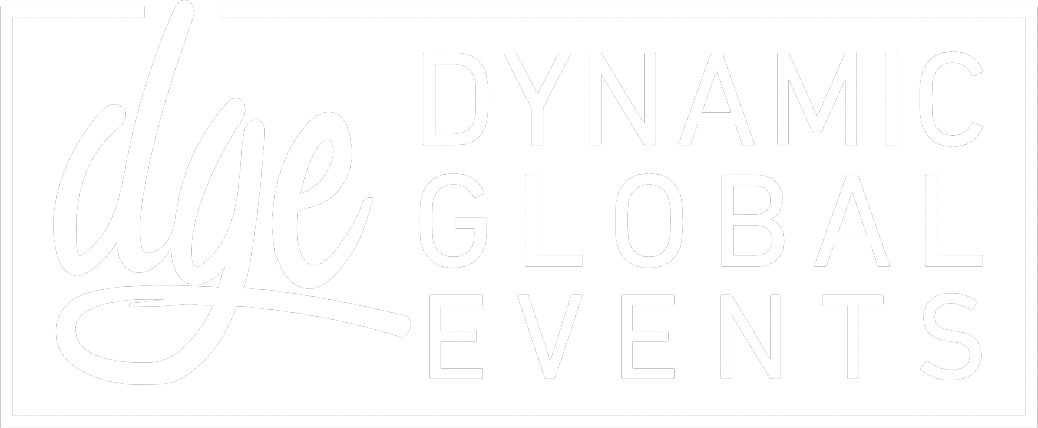With more technologies and platforms available than ever, KOLs can be more discerning and past approaches of rapid “data dumps” now need to be modified. Across companies, some MSL roles are more conducive to different types of discussions and channels. What are the most likely changes we can expect in the next 5 years? The next 10?
- Compare and contrast clinical / scientific roles with others that are more outcomes-focused
- Focus on alternate styles of patient management based on the demographics of local patient populations
- Move away from one-size-fits-all thinking
Traditionally it was long understood that MSLs should hold their meetings in-person. During COVID, that changed – and it might not be changing all the way back. How can you balance HCP preferences with your own knowledge of which methods tend to work best?
- Acknowledge the steady number of HCPs / KOLs who wish to continue remote visits
- Review technological platform options for remote meetings
- Make sure all parties understand the pros and cons of both in-person and remote
It is increasingly important for MSLs to strategically engage in ongoing learning. Power skills can augment the demand for increased performance. With an ever-evolving landscape, leaders need to provide opportunities for MSLs to build upon their existing skill set.
- Prioritize a strong onboarding program for MSLs
- Review competency model and leverage it for defining your personal learning journey
- Discuss power skills and importance to MSL role
- Case study: Introduction to Medical Affairs program
Before your label is written, your MSL team has free reign to brainstorm; only once the label is public do communications restrictions become murky. As your team grows more accustomed to speaking at research levels, they must still be prepared to stop talking about “how things might work.”
- Accept guidance from sales reps on what can and cannot be put into training
- Understand how to change tracks when you are no longer at liberty to discuss everything
- Differentiate between the level of regulatory scrutiny between pharma and med device
Speaker programs flow more smoothly when MSLs have confident, assertive, well-trained leadership. Physicians are often pleased by how MSLs in particular present data and answer questions, and this can set expectations for the rest of the program and for future interactions.
- Explore options where MSLs can themselves become part of a speaker program
- Review key leadership steps for advisory boards
- Grapple with the debate over proper MSL role
The “soft skills” of building and maintaining relationships can have more of an impact on MSL success than how well they can convey technical terms – and these skills are more important than ever if your contacts prefer online meetings instead of in-person. What are the best tactics for cultivating emotional intelligence, and how can these skills adapt to changing formats?
- Recognize the limitations on relationship-building presented by remote formats
- Learn from past successes in building trust
- Clarify what social media attempts would be met poorly or even considered “stalking”
Medical congresses – large and small – are a key meeting point your team must be prepared to use for HCPs. Should your field medical team be more focused on collecting scientific competitive intel, or on meeting HCPs, or introducing KOLs to top leadership?
- Determine whether you are focusing exclusively on the most prominent KOLs
- Recognize the value of connecting with local community physicians at smaller events
- Diversify your levels of outreach and investment
Maintaining compliance when providing medical and scientific evidence to internal and external stakeholders can be challenging. So how can you compliantly engage thought leaders and acquire vital information that can be used for both clinical and commercial purposes?
- Address how to handle off-label information requests and information dissemination while maintaining compliance
- Develop techniques for MSLs to compliantly stimulate scientific discussion with thought leaders
- Approaches to compliantly engage with patient advocacy groups
- Insights into the latest regulations surrounding compliant MSL-KOL interactions
- Understand how to mitigate common compliance pitfalls when interacting with commercial teams
- Quantify how much value physicians get from sales reps
- Recognize where MSL education risks entering a commercial zone
- Change up your strategy for more complex therapeutic areas
There is still no consensus on whether KPIs tell the full story of MSL performance. Which field metrics should your team select?
- Contrast approaches based on number of insights, number of visits, number of IIS, etc.
- Specify how you define your value as a team
- Avoid metrics that generate attention but not results
With limited budget and staff, how can you best keep both team members and external experts engaged during points in the product life cycle when little or nothing is changing? These slow periods don’t have to get in the way of your work, as long as they do not take you by surprise.
- Differentiate between the resources and life cycle capabilities of large and small pharma
- Re-envision what you offer and what value you bring to external experts
- Adapt team engagement around pipeline development milestones
Launches are often led by commercial teams, but this is a step where numbers may be less useful than pure communication and where MSLs should take the lead. Particularly with rare disease education, you must make sure you are not wasting time – for either your team or HCPs.
- Acknowledge cases where sales representatives get only brief initial relationships set up before needing to rely on MSLs
- Learn from past launches where the need for detailed information was beyond what sales reps were allowed to discuss
- Modify your assumptions and approaches to feature a more prominent role for MSLs
After prolonged remote work, many team members required to return to the office are feeling more stressed than ever and are more prone to burnout. How does this translate into an MSL’s everyday life and responsibilities, and how can it impact team structure and retention?
- Outline post-pandemic mental health issues, when “business as usual” takes on a different meaning
- Be aware of the signs of workplace burnout for medical teams
- Develop a proactive approach to positive self-care and creating a psychologically safe environment for your team




















